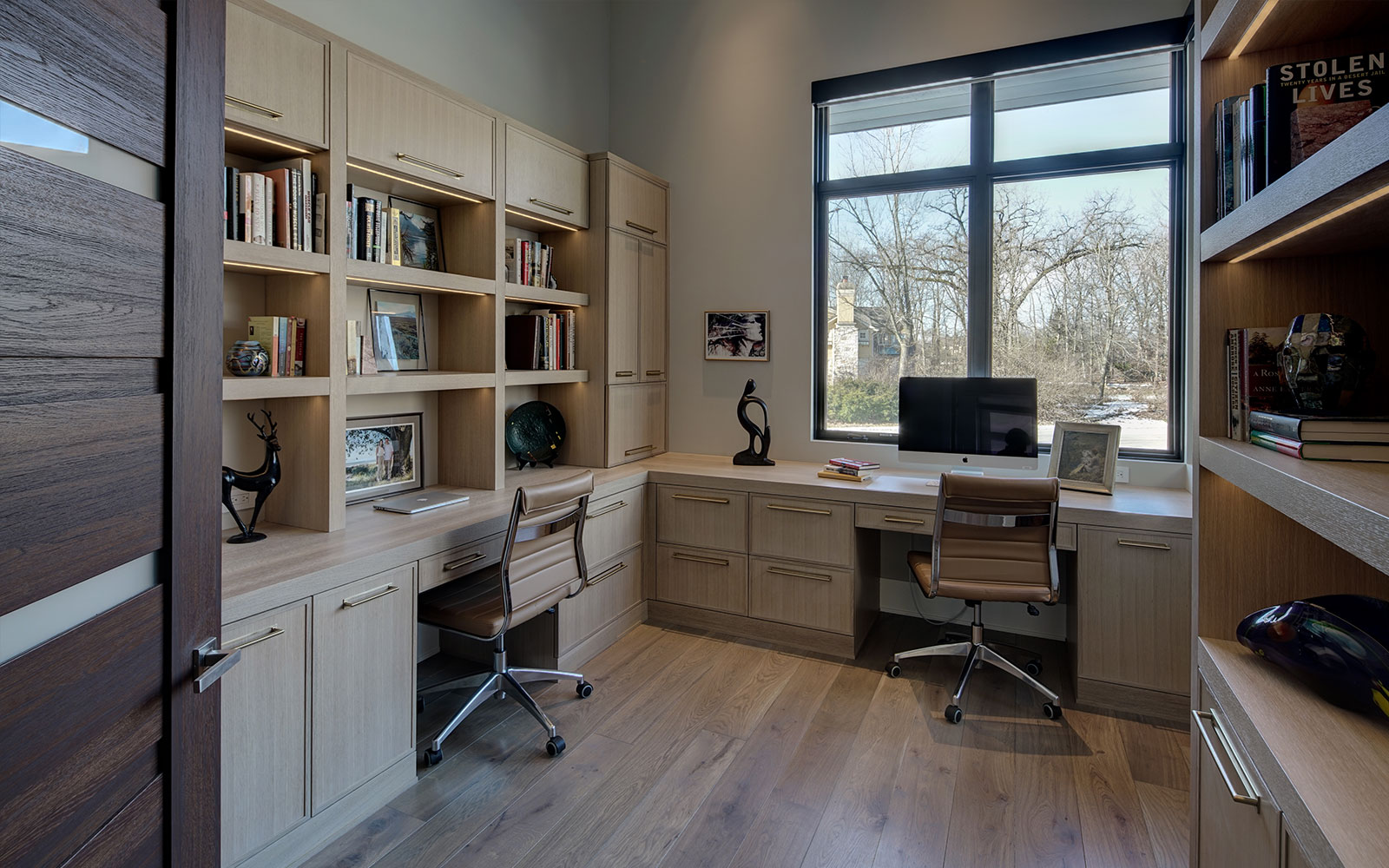It is no surprise that the home office has grown from being a luxury to a necessity in the current era, where remote workers are the norm. While the aesthetics, technology, and ergonomic furniture usually are the main focus, one simple but useful piece is often overlooked, and it is the desk that has drawers. Although it might seem like an ordinary option, this one design feature has simple and obvious advantages that will dramatically enhance your productivity, organization, as well as overall comfort with the office set-up.
Here’s the reason why a desk with drawers is an essential part of any space that can be productive.
Built-In Storage and Organization
The primary benefit of having a desk with drawers is the storage space it offers. From notebooks and pens to technology accessories, documents, and chargers, a home office is a mess like no other. The drawer system provides the user with an easy method to sort, organize, and keep these things in reach. It keeps your desktop clean and your work area clean, which reduces stress and distraction.
Simple Access to Essentials
Drawers let you have access to commonly used items without leaving your chair or searching through shelves or storage bins. If it’s a calculator, Post-it notes, or even a USB stick, having a designated area to store your tools of the day streamlines your workflow. In contrast to open shelves, drawers conceal the mess while keeping it accessible.
Improved Professionalism
When you’re on video calls as well as hosting customers in person, a tidy and tidy workspace is a sign of professionalism. Desks with drawers can help to maintain your professional appearance effortlessly. There won’t be a rush to clean your desk when someone calls, and you’ll always have the tools you require in your reach.
Multifunctional Use Beyond Work
Another benefit that is often overlooked when you have a drawer-equipped desk is the versatility. If your day ends, the desk can be used as a crafting station or a hub for student homework, or even a payment station for your family. The drawers can be used for separating these functions without having to mix working with personal or leisure work.
Encourages a Clean Desk Surface
A desk that is clutter-free is more than attractive to the eyes; it increases productivity and concentration. Studies have proven that clutter in the physical environment can hinder your brain’s ability to concentrate on information and make it easier to process. Drawers promote clean habits by allowing you to “put items out” instead of putting them on the work area.
Psychological Comfort
It’s a sense of peace knowing all you require is in the right place. Drawers give you a sense of control and completeness to your workspace. It’s not just a matter of sitting at a table; you’re sitting in an operational command center. This mental comfort helps to create an enlightened and professional mental state, even if you’re in your pajamas.
Boundary Creation Between Work and Home Life
Separating work from personal life can be difficult when working from home,, particularly if your workspace is shared with others in the space. Drawers can be used to put the professional items you need when you’re done with your day, allowing you to establish an emotional and physical boundary between personal and work time. It’s a subtle transition that signifies an end to your working day and is crucial for working-life balance.
Customization Options
A lot of modern desks feature modular drawer systems, which allow you to pick the dimensions, location, and number of drawers. If you want deep drawers to store files or a shallow one for stationery, you’ll be able to choose a desk that is suitable for your particular workflow. This personalization enhances the aesthetics and practical appeal of your office at home.
Security and Privacy
Certain desks that have drawers have locking options that provide a safe area for documents that are sensitive and expensive technology, as well as private things. This tiny feature could be a big help to protect your privacy while safeguarding valuable information within shared homes.




